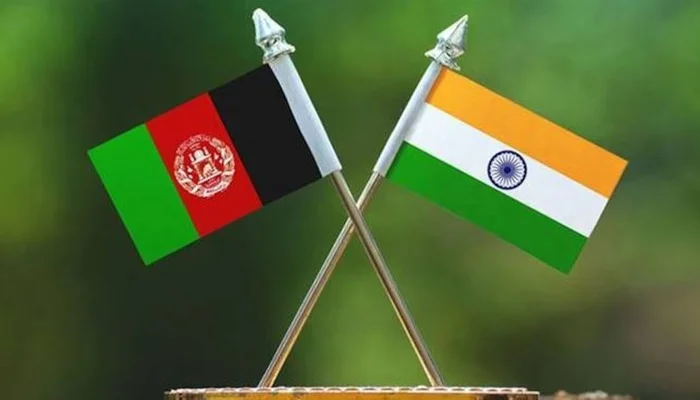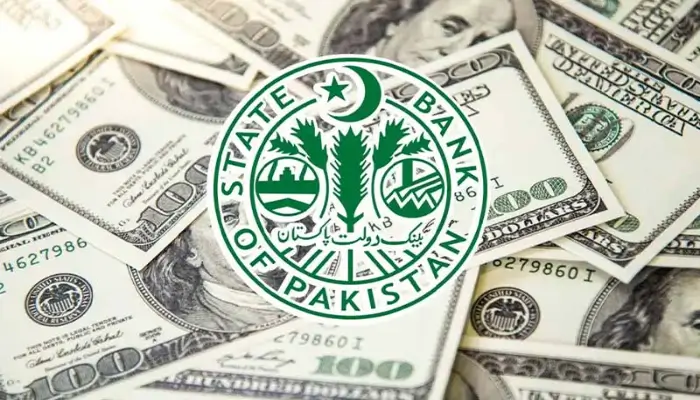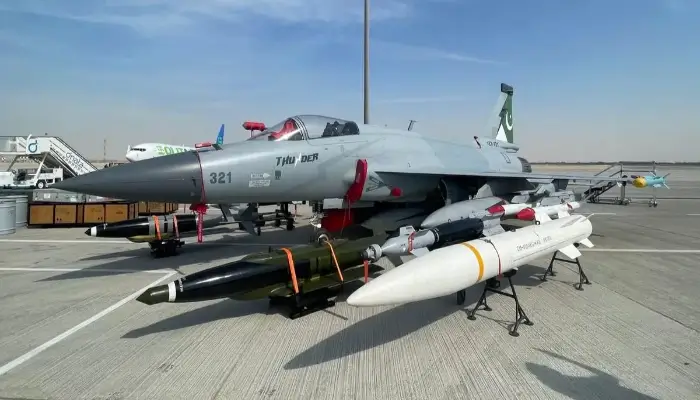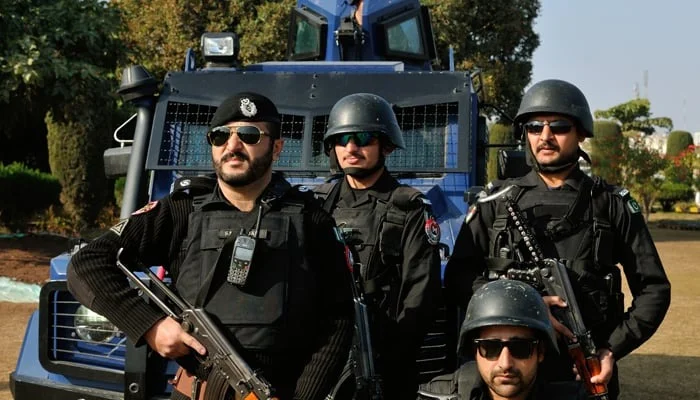The Taliban government in Afghanistan is deepening outreach to India, sending senior ministers to New Delhi to seek trade access, reconstruction support and economic cooperation. The warming ties mark a dramatic departure from the group’s earlier rhetoric that framed India as a “kafir” and “idol-worshipping” state aligned with their opponents in Kabul.
For more than 20 years during the insurgency, Taliban media and clerics depicted India as backing “anti-Islam” forces in Afghanistan. Today, the same leadership is directly courting Indian markets, investment and humanitarian aid, including wheat supplies and infrastructure assistance.
The contrast is particularly striking given the group’s 2001 destruction of the Bamiyan Buddhas an act justified at the time as a blow against “un-Islamic idols.” Two decades later, the Emirate is engaging a country that presents itself globally as a custodian of Buddhist and Hindu heritage.
India had been dismissed under the previous Taliban narrative as a sponsor of “puppet” governments in Kabul and an alleged supporter of anti-Taliban elements. But since the group’s return to power in 2021, it has sought expanded use of Indian ports, trade corridors and reconstruction programs.
Meanwhile, tensions between Kabul and Islamabad—centered on border disputes, refugee issues and Pakistan’s concerns over the Tehreek-e-Taliban Pakistan (TTP) have prompted Afghan authorities to look beyond their immediate Muslim neighbor.
Despite invoking “Islamic brotherhood” in discourse with Pakistan, the Taliban have moved more swiftly to repair channels with a non-Muslim regional power that offers economic incentives.
The Taliban long criticized Western-backed economic systems and international financial institutions. Yet officials are now lobbying India, a key player in those very networks, to help reopen banking channels and unlock investment flows into Afghanistan.
This pragmatic approach contrasts with the group’s uncompromising domestic positions on women’s rights, education and media, pursued under their interpretation of Sharia law.
Another notable shift is the Taliban’s muted tone on Kashmir and the treatment of Muslims in India. While Taliban-linked figures historically expressed support for Kashmiri militancy, high-level delegations to New Delhi have avoided public commentary on these topics—prioritizing trade and political engagement instead.
The Emirate continues to avoid formally recognizing the Durand Line with Pakistan, a recurring point of friction. However, Afghan officials have taken a markedly more accommodating line on India’s security concerns, including issues related to anti-India groups.
India has not granted formal recognition to the Taliban government, but frequent Afghan ministerial visits suggest Kabul sees New Delhi as a key gateway to diplomatic legitimacy. Despite public claims that the Emirate does not seek international recognition, analysts say its sustained outreach to India underscores the regime’s desire for acceptance and economic relief.
The Taliban’s engagement with India highlights a broader pattern: a movement that invokes ideological rigidity at home and in dealings with Pakistan, but adopts transactional realpolitik where economic lifelines and diplomatic standing are at stake.














